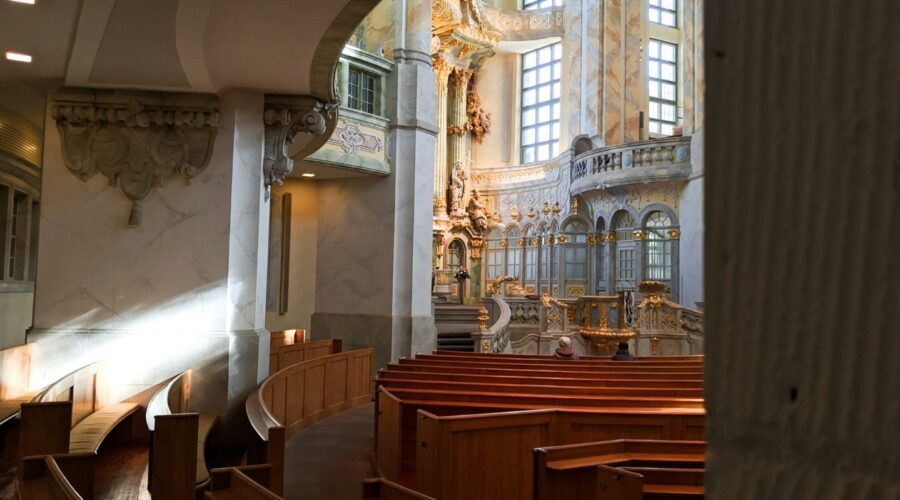Your cart is currently empty!
Discover the Ancient and Enriching World of the Coptic Orthodox Church

Introduction
The Coptic Orthodox Church, an ancient ecclesiastical institution rooted in Egypt, is a vibrant and influential branch of Eastern Christianity. With a rich history spanning millennia, the Coptic Church has preserved unique traditions, liturgy, and spirituality that have shaped the lives of millions of believers worldwide. This comprehensive blog post will delve into the fascinating world of the Coptic Orthodox Church, exploring its origins, beliefs, practices, and modern-day impact.
Origins and Historical Timeline
Early Beginnings
The Coptic Church traces its origins to the apostolic era, when Saint Mark the Evangelist is believed to have established the Church of Alexandria in the 1st century AD. Coptic Christians identify themselves as the direct descendants of the early Christian community in Egypt, which played a crucial role in the spread of Christianity throughout the Roman Empire.
Under Islamic Rule
With the Arab conquest of Egypt in the 7th century, the Coptic Church faced significant challenges. While Christians were granted religious freedom, they were subjected to various restrictions and taxes. Nevertheless, the Coptic Church managed to maintain its identity and continue its liturgical practices.
Modern Era
In the 19th century, the Coptic Church witnessed a period of revival and reform. Educational institutions were established, and the liturgy was standardized. The Coptic Church also played an active role in the Egyptian nationalist movement.
Beliefs and Teachings
The Holy Trinity
The Coptic Orthodox Church upholds the Nicene Creed, affirming the belief in the Trinity: God the Father, Jesus Christ the Son, and the Holy Spirit.
Christology
Coptic Christians believe in the dual nature of Christ, both human and divine. They reject the idea of a “created Christ” and emphasize the importance of Christ’s sacrifice on the cross for the redemption of humanity.
Mary, the Mother of God
The Virgin Mary is held in high esteem in the Coptic Church. She is considered the Theotokos (Mother of God) and is venerated as a symbol of purity, grace, and intercession.
Sacraments
The Coptic Church recognizes seven sacraments:
* Baptism: Initiation into the Christian faith
* Chrismation: Confirmation of baptism
* Eucharist: Communion with Christ
* Confession: Seeking forgiveness for sins
* Ordination: Setting apart individuals for ministry
* Matrimony: Sanctification of marriage
* Unction of the Sick: Healing and comfort for the sick
Liturgy and Worship
The Divine Liturgy
The Coptic Divine Liturgy, known as the Anaphora, is the central act of worship in the Coptic Church. It consists of a series of prayers, readings, and hymns that commemorate the life, death, and resurrection of Christ.
Coptic Language
The Coptic language, a descendant of ancient Egyptian, is used in the liturgy of the Coptic Church. Coptic is also used in biblical studies and the preservation of ancient texts.
Music and Chant
Coptic liturgical music is characterized by its distinctive melodies and rhythms. The use of cymbals, drums, and other instruments accompanies the singing of hymns and psalms.
Contemporary Relevance and Impact
Demographics and Distribution
The Coptic Orthodox Church is the largest Christian community in the Middle East, with an estimated 10-15 million members. Copts are primarily concentrated in Egypt but also have significant communities in North America, Europe, and Australia.
Social and Cultural Influence
The Coptic Church plays a vital role in Egyptian society. It operates schools, hospitals, and orphanages, providing essential services to the community. The Coptic Church also contributes to the preservation of Egypt’s cultural heritage and the promotion of interfaith dialogue.
Facing Challenges
The Coptic Orthodox Church has faced challenges and persecution over the centuries. In recent decades, Coptic Christians have been targeted by extremist groups in Egypt. The Church remains committed to peaceful coexistence and the promotion of reconciliation.
Conclusion
The Coptic Orthodox Church is a living testament to the enduring power of faith and tradition. From its ancient origins to its vibrant present, the Coptic Church has played a significant role in the development of Christianity and continues to inspire and guide millions of believers worldwide. As a rich and multifaceted institution, the Coptic Orthodox Church offers a unique blend of spirituality, liturgy, and social impact that continues to enrich the lives of its members and contribute to the broader Christian community.